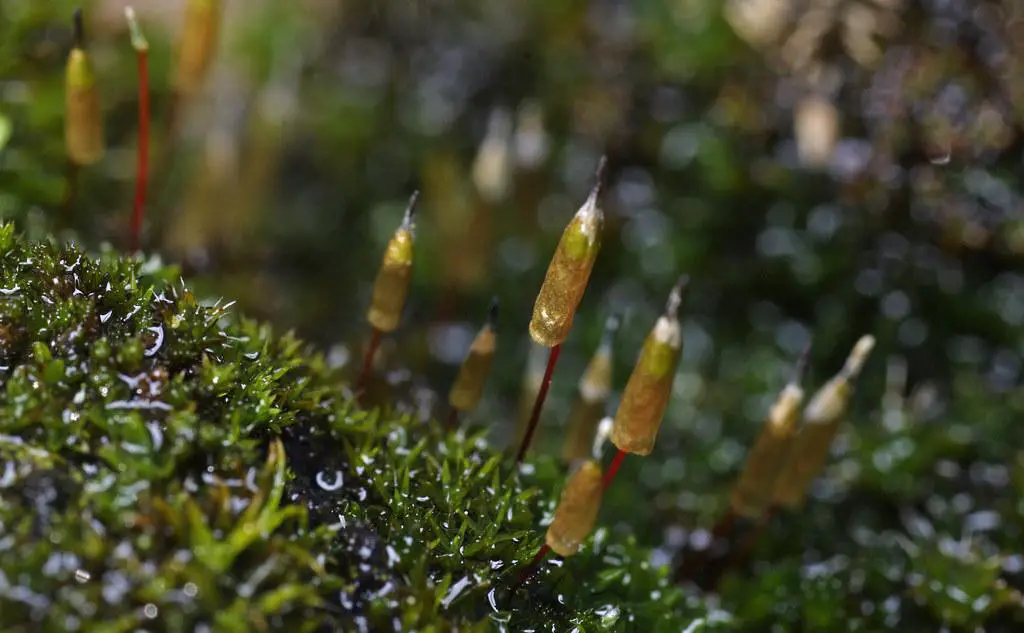
40204677392_01774b821c_b.jpg from: https://www.flickr.com/photos/126598284@N05/40204677392/
Introduction
The world of mosses is a fascinating one, filled with tiny, resilient plants that have been around for millions of years. Among these ancient survivors is the
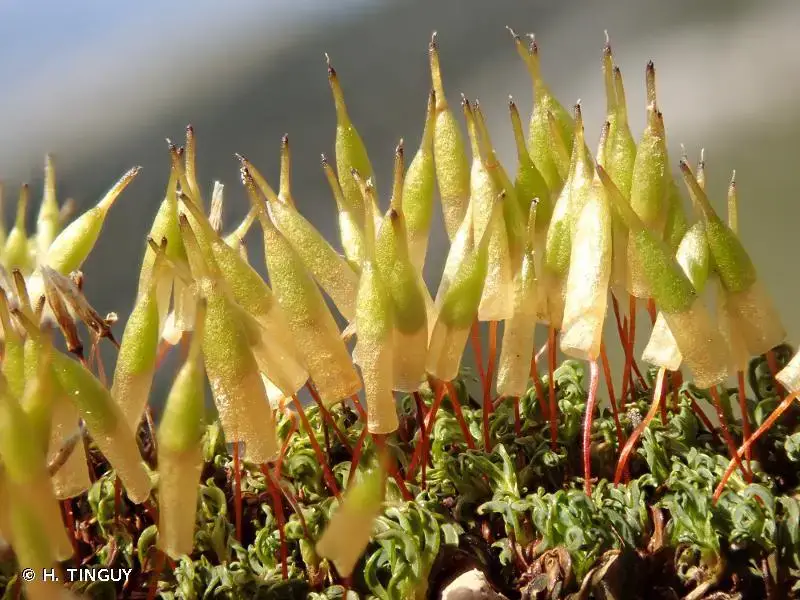
403062.jpg from: https://inpn.mnhn.fr/espece/cd_nom/4852
Encalypta vulgaris Hedw., a moss species belonging to the Encalyptaceae family, commonly known as the Extinguisher Moss. This unassuming plant has captured the interest of bryologists and nature enthusiasts alike, thanks to its unique features and remarkable adaptations.
Background
Before delving into the specifics of Encalypta vulgaris, it’s essential to understand the broader context of mosses. These non-vascular plants belong to the Bryophyta
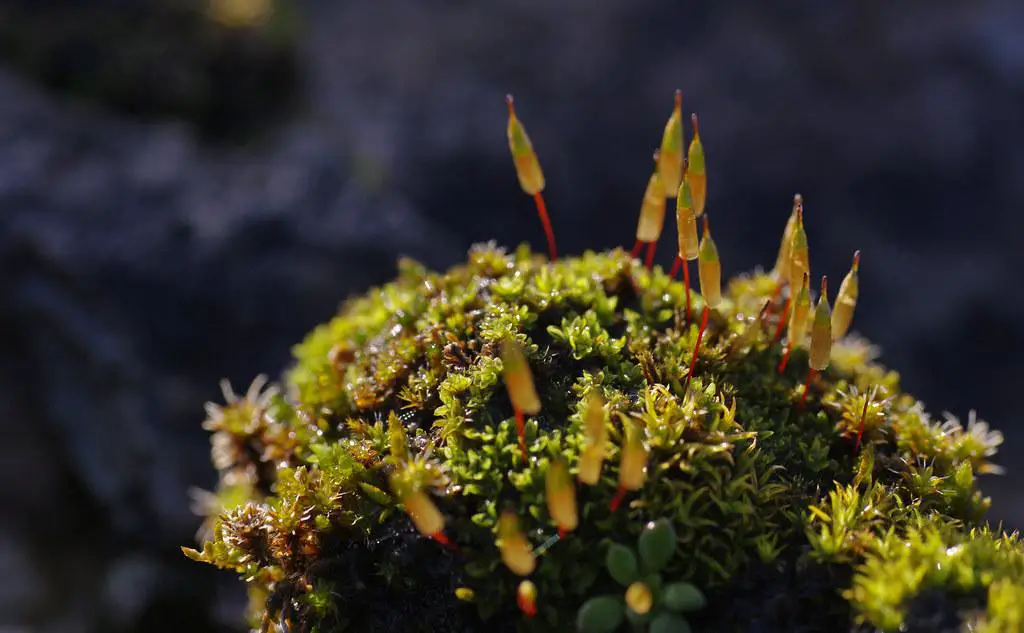
25366615787_7a5f75371c_b.jpg from: https://www.flickr.com/photos/126598284@N05/25366615787/
division and are classified under the Bryopsida class. Mosses are often overlooked, but they play crucial roles in various ecosystems, serving as pioneers in colonizing new environments and contributing to soil formation and water retention.
Main Content
Morphology and Identification
The Encalypta vulgaris is a small, acrocarpous moss that forms dense tufts or cushions. Its leaves are lanceolate
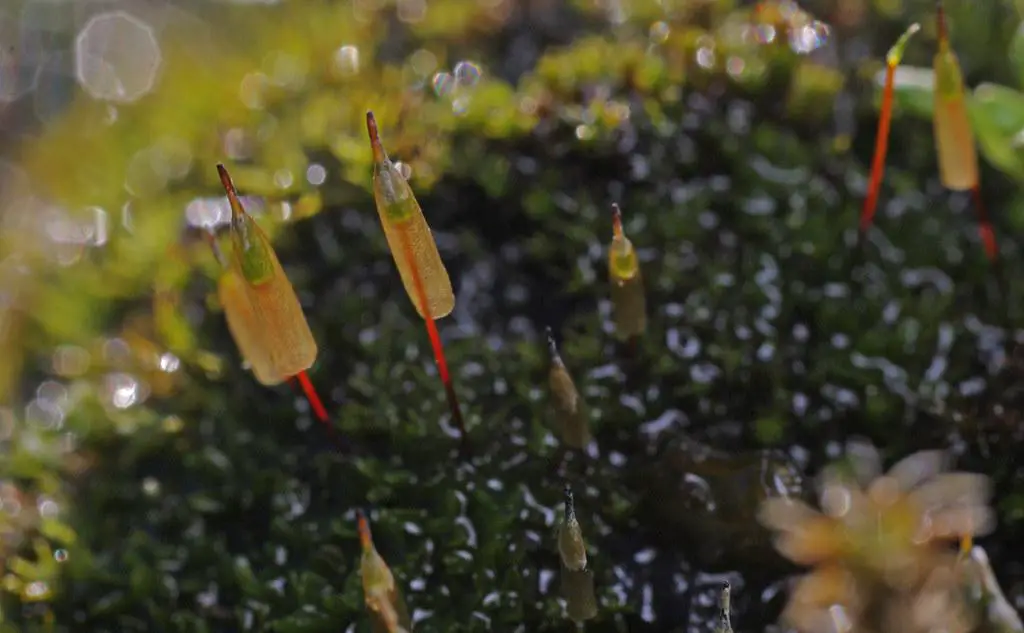
40204679822_ae4742a465_b.jpg from: https://www.flickr.com/photos/126598284@N05/40204679822/
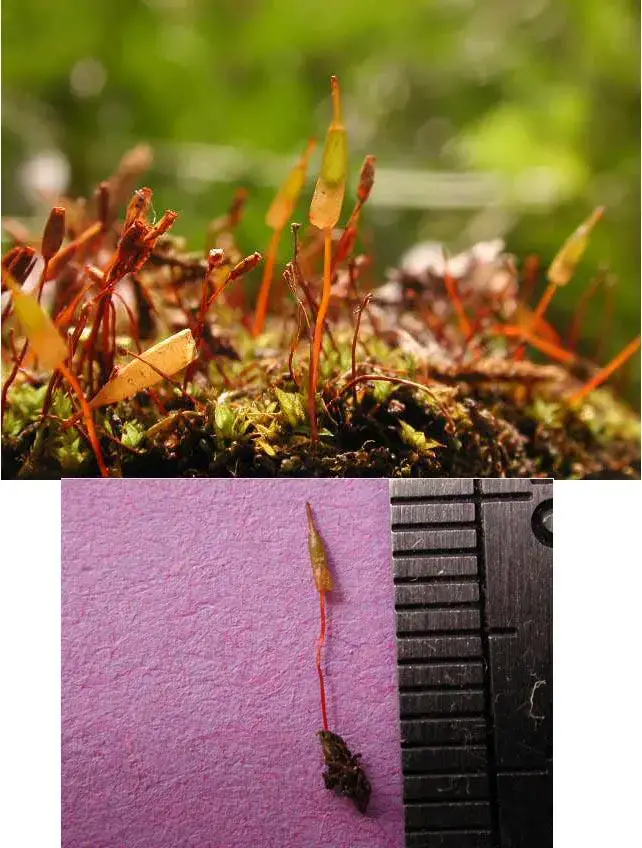
post-58-1092478829.jpg from: https://forum.mikroscopia.com/topic/1063-encalypta-vulgaris-hedwhoffm/
in shape, with a distinctive cucullate (hood-like) calyptra that covers the capsule during its early stages of development. This calyptra is one of the defining features of the Encalyptaceae family and gives the moss its common name, “Extinguisher Moss.”
Global Distribution and Habitat
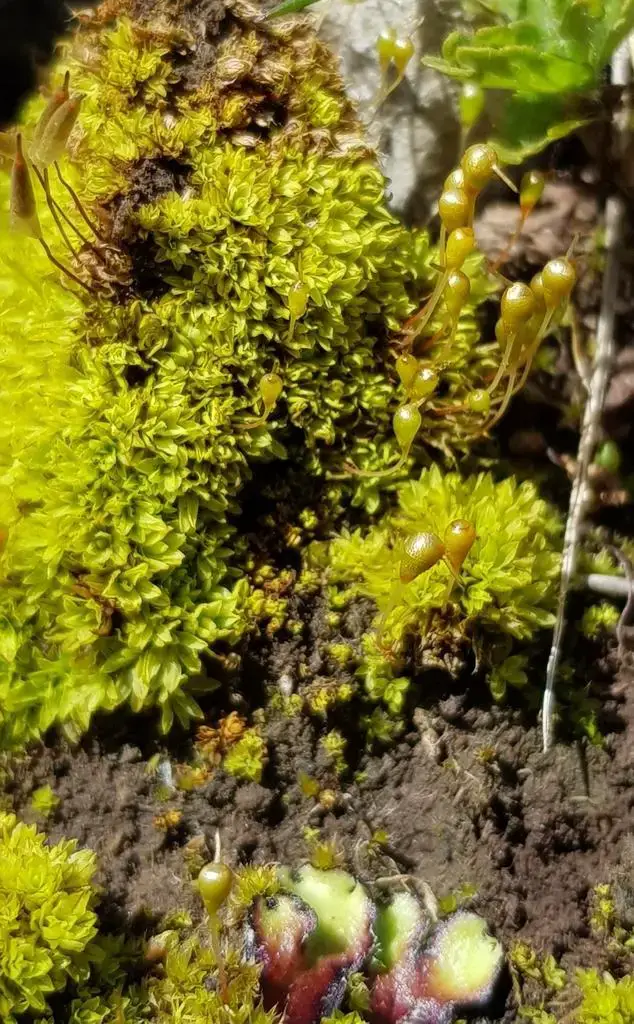
large.jpeg from: https://www.inaturalist.org/observations/111070821
Encalypta vulgaris is widely distributed across the Northern Hemisphere, found in Europe, Asia, and North America. It thrives in a variety of habitats, including rocky outcrops, soil banks, tree bases, and disturbed areas. This moss is particularly adept at colonizing calcareous substrates, such as limestone and chalk.
Ecological Roles and Adaptations
Despite its diminutive size, Encalypta vulgaris plays an essential role in its ecosystem. It contributes to soil formation and stabilization, providing a suitable environment for other plants to establish themselves. Additionally, this moss serves as a microhabitat for various invertebrates, offering shelter and food sources.
One of the remarkable adaptations of Encalypta vulgaris is its ability to withstand desiccation. During dry periods, the moss can enter a state of dormancy, reviving once moisture becomes available again. This resilience allows it to thrive in environments where water availability is unpredictable.
Case Studies/Examples
In a study conducted in the United Kingdom, researchers found that Encalypta vulgaris played a crucial role in the colonization of newly exposed chalk grasslands. Its ability to establish itself quickly on bare substrates facilitated the subsequent growth of other plant species, contributing to the overall biodiversity of the ecosystem.
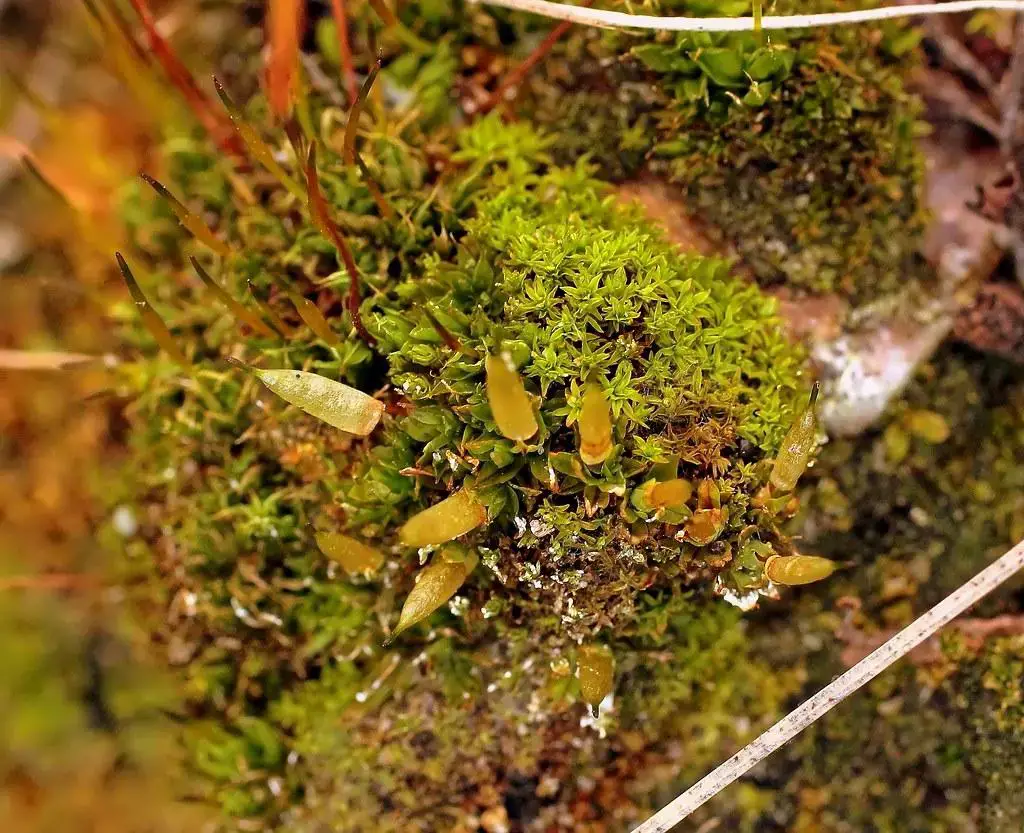
16635036512_d21f9d44bd_b.jpg from: https://www.flickr.com/photos/131528844@N08/16635036512/
Technical Table
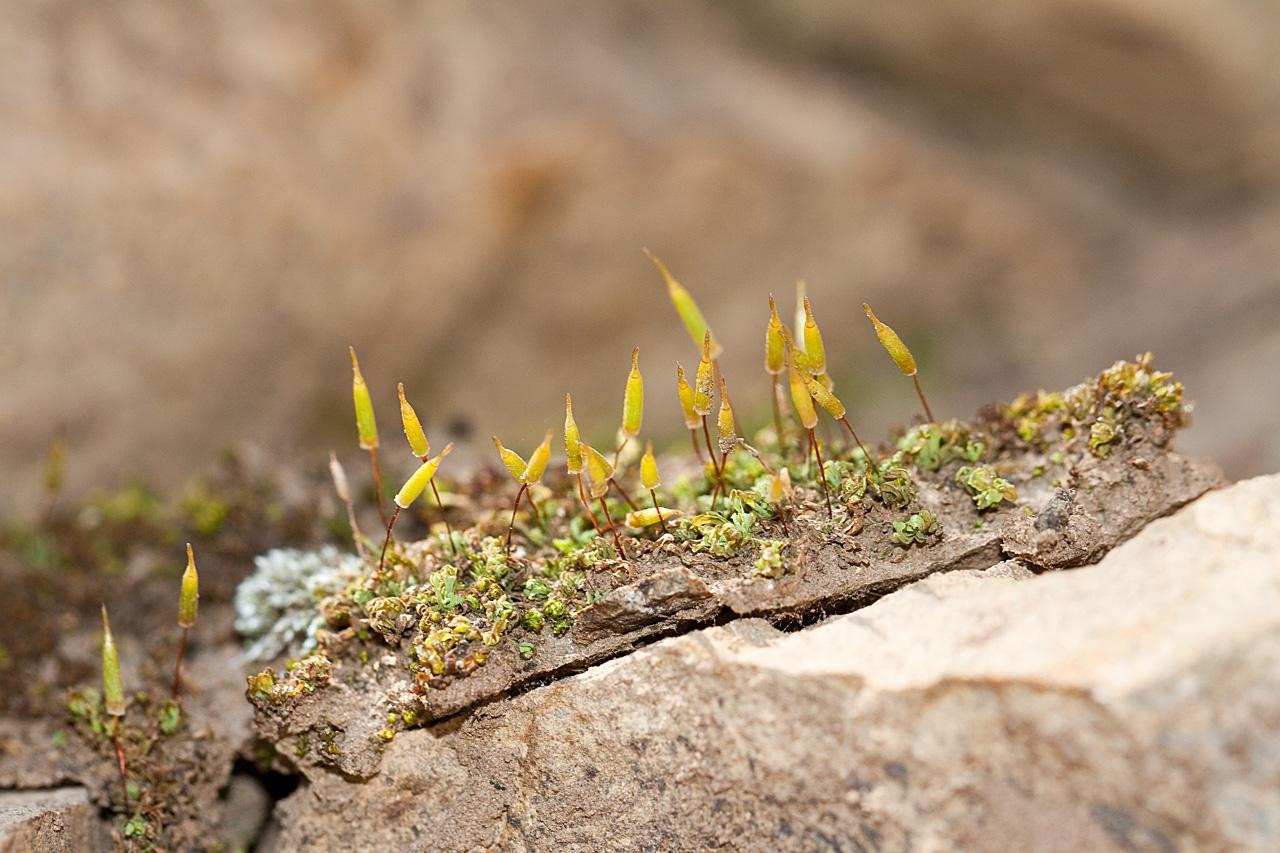
e_vulgaris7.jpg from: https://wnmu.edu/academic/nspages/gilaflora/encalypta_vulgaris.html
| Characteristic | Description |
|---|---|
| Phylum | Bryophyta |
| Class | Bryopsida |
| Order | Encalyptales |
| Family | Encalyptaceae |
| Genus | Encalypta |
| Species | vulgaris Hedw. |
| Common Name | Extinguisher Moss |
| Habitat | Rocky outcrops, soil banks, tree bases, disturbed areas |
| Distribution | Northern Hemisphere (Europe, Asia, North America) |
Conclusion
The Encalypta vulgaris Hedw., or Extinguisher Moss, is a remarkable example of the resilience and adaptability of mosses. Despite its unassuming appearance, this tiny plant plays vital roles in its ecosystem, contributing to soil formation, providing microhabitats, and facilitating the growth of other plant species. As we continue to explore and appreciate the diversity of mosses, the
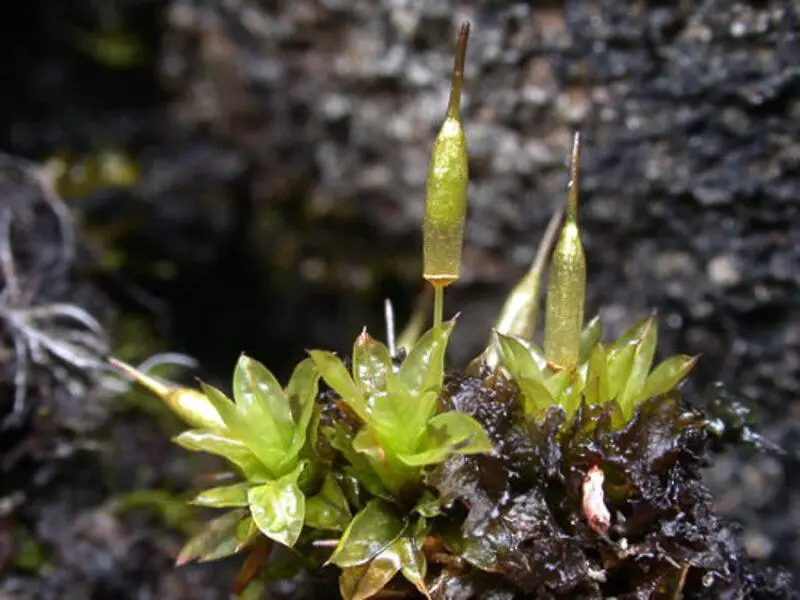
ENCALYPTA-CILIATA-800×600.jpg from: https://www.britishbryologicalsociety.org.uk/learning/species-finder/encalypta-vulgaris/
Encalypta vulgaris serves as a reminder of the intricate web of life that exists even in the smallest of organisms.
Leave the reader with a thought-provoking question or statement: Have you ever taken the time to appreciate the beauty and complexity of mosses in your local environment?
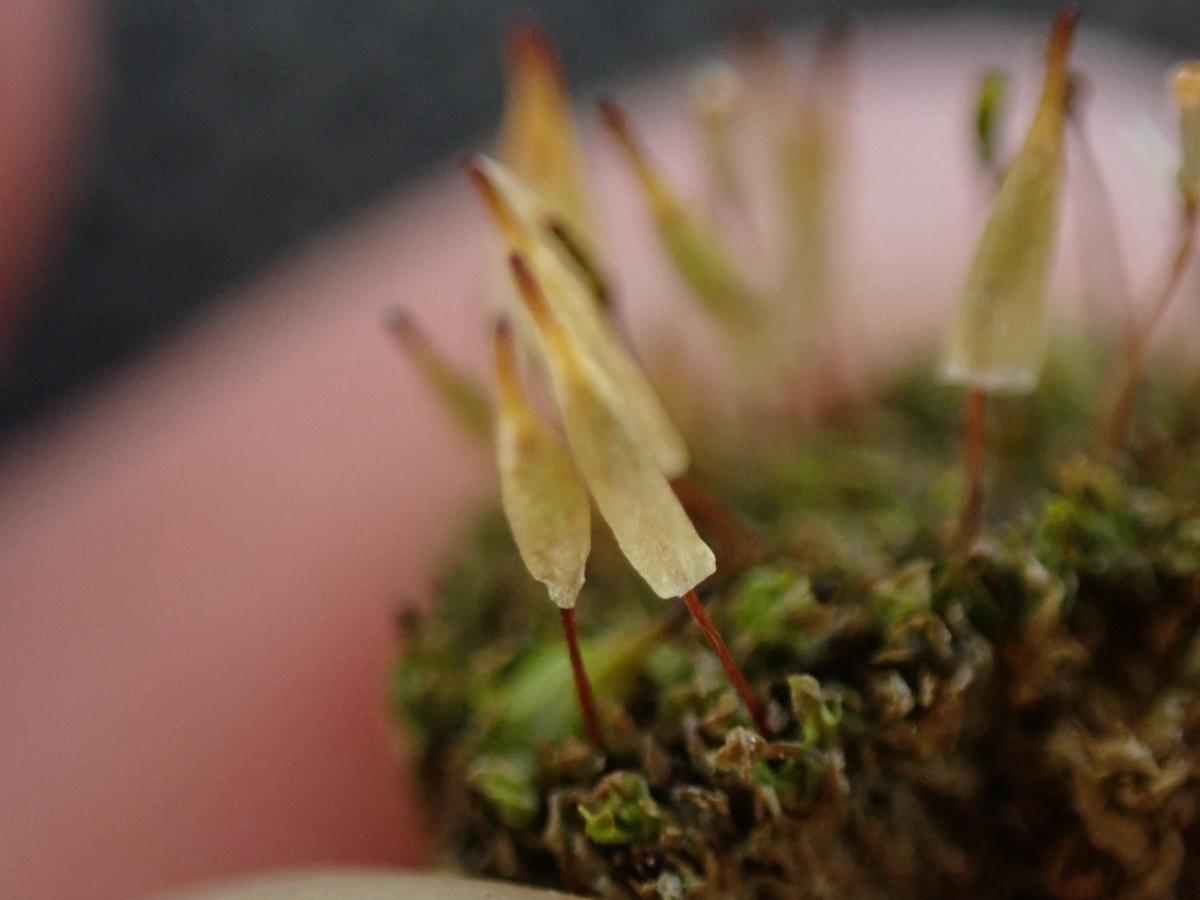
141976.jpg from: https://www.calflora.org/app/taxon?crn=12455